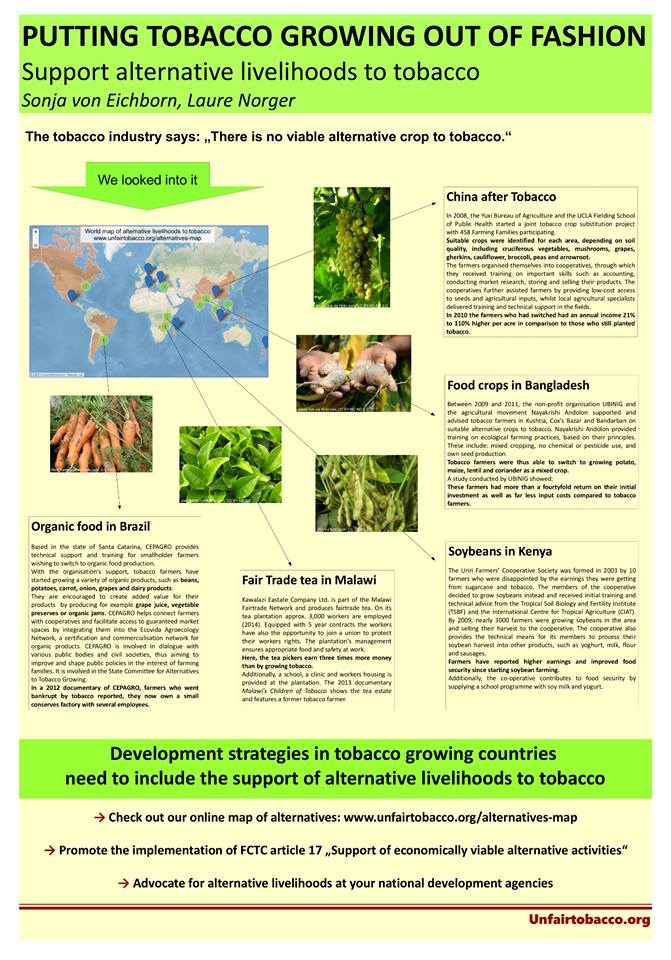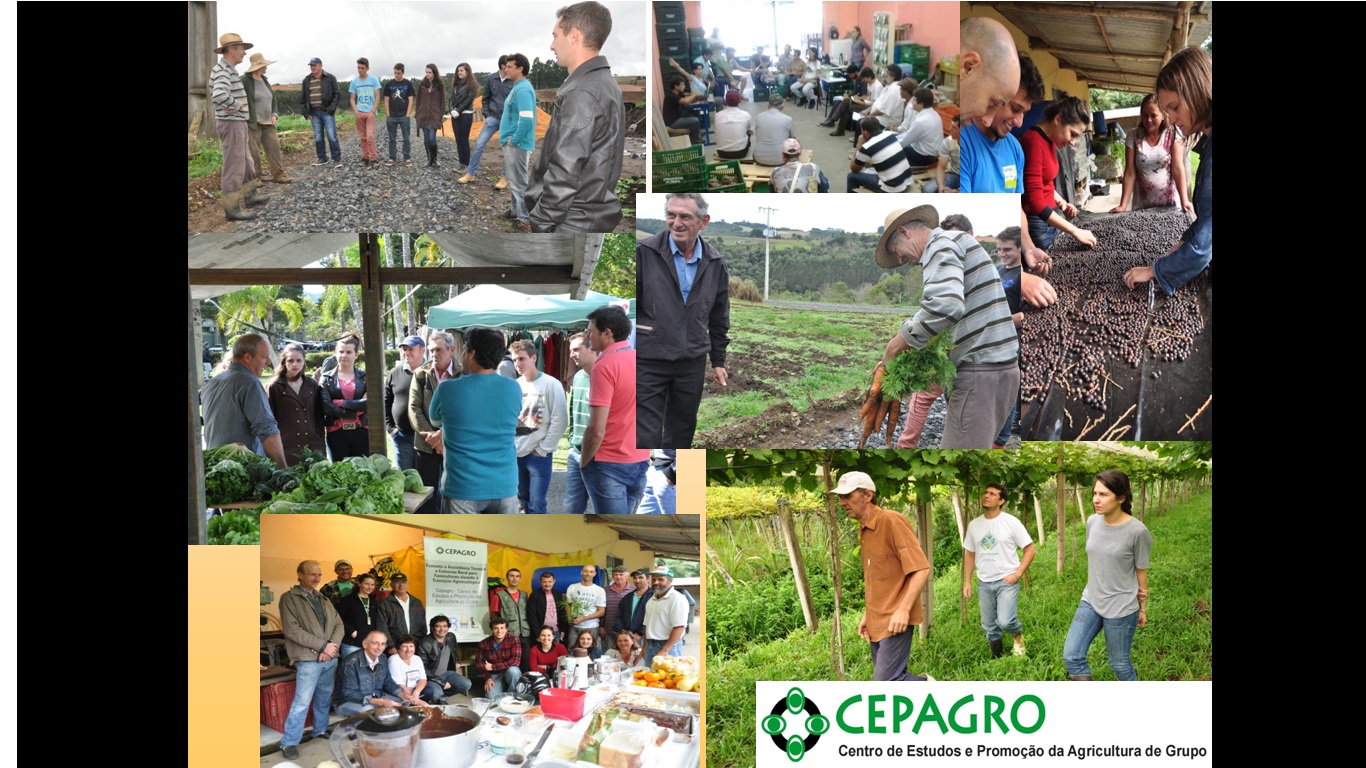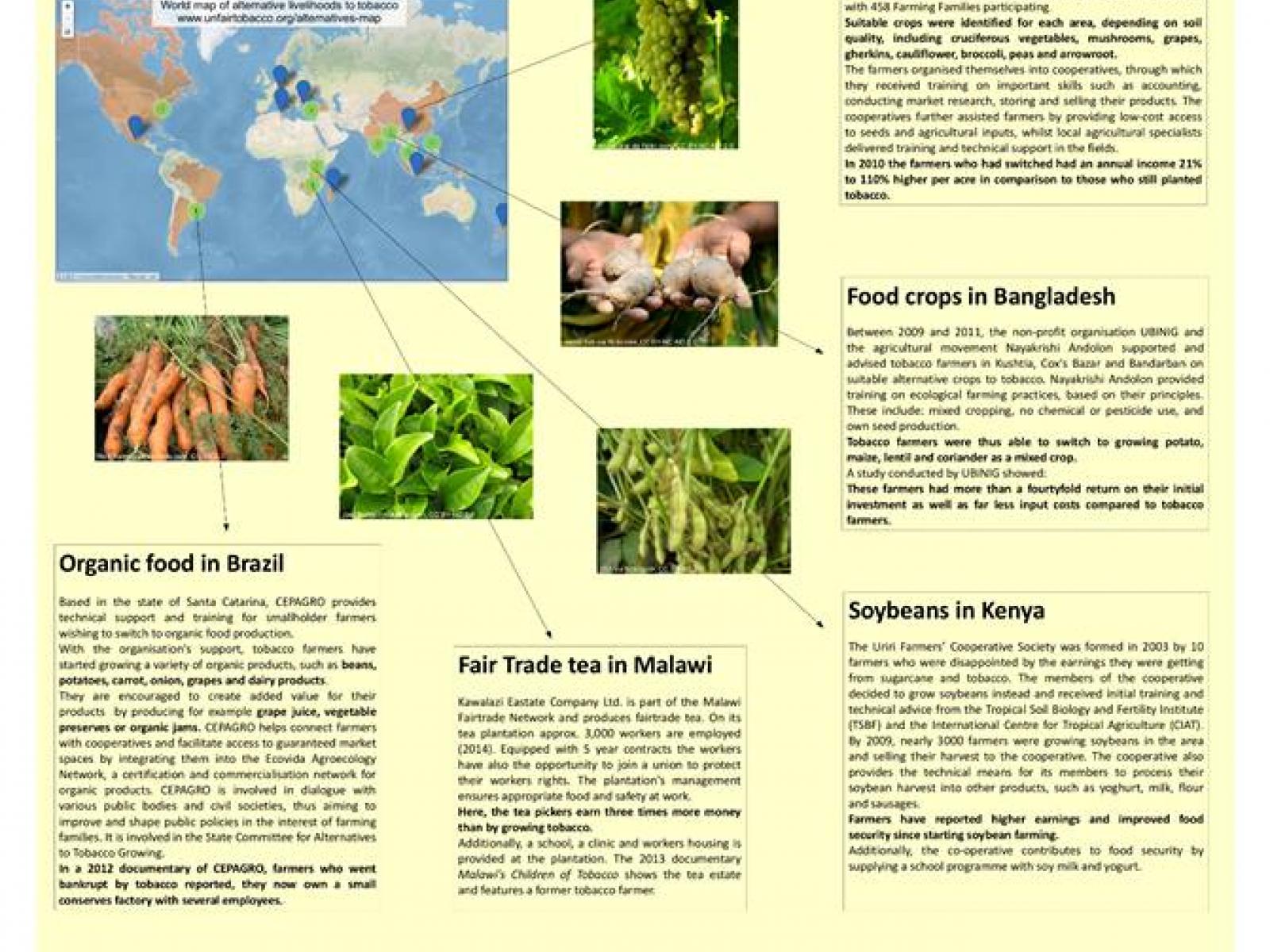An Overview Of Our Solution
- Population Impacted:
- Continent: South America
Organization type
Population impacted
Size of agricultural area
Production quantity
People employed
Describe your solution
Describe your implementation
External connections
What is the environmental or ecological challenge you are targeting with your solution?
Describe the context in which you are operating
Brazil is the second largest tobacco producer in the world, and the first to export 85% of its production going beyond the seas. The State of Santa Catarina is the second largest tobacco producer in the country, with 70% of the municipalities involved, totaling more than 40,000 families, 100,000 hectares of land without food crops. A System where producers have exclusive contracts with processors without possibility of alternative markets. In addition to the high levels of disease among farmers in this segment, cross-border cigarette smuggling, the already recognized status of smoking as an epidemic in global proportions, and the environmental and social damages caused by this activity, reinforce change initiatives.
In 2003 the WHO, celebrated the first international public health treaty, the Framework Convention on Tobacco Control FCTC, which was adopted by 168 member states including Brazil, during the 56th World Health Assembly. Its goal is "to protect present and future generations of the devastating sanitary, social, environmental and economic consequences generated by the production, consumption and exposure to tobacco smoke."
The Treaty establishes actions in different sectors, and is not limited to the health environment alone, recognizing the importance of technical and financial assistance to assist the economic transition of agricultural workers and workers of the activity. CEPAGRO focuses its work efforts since 2006, aiming at implementing the FCTC in Brazil.
How did you impact natural resource use and greenhouse gas emissions?
Language(s)
Social/Community
Water
Food Security/Nutrition
Economic/Sustainable Development
Climate
Sustainability
As an international debate, civil and public collaboration networks have been expanded to consolidate local and international public policies involving Health and Agriculture. However, because it is a subject still in evidence for structuring support purposes, the existing channels are limited.
We assume, and we have the Institutional purpose to broaden the litigation in forums, commissions and other spaces, especially with regard to farmers. Thus, and in view of the need to expand the work, there is a continuous search for structuring projects that promote the inclusion and consolidation of families in food production, involving costing and infrastructure. Not limited to CEPAGRO's region of action, as it is a worldwide problem.
Return on investment
Entrant Image

Entrant Banner Image

